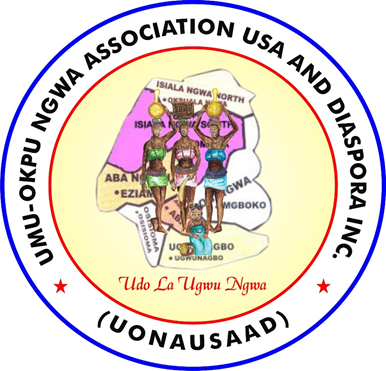
Umu-Okpu Ngwa is a non-governmental organization that is dedicated to preserving the history, beliefs, traditions, and culture of the Ngwa people. The organization believes that it is important to preserve these elements of Ngwa identity as they contribute to a sense of unity and pride among the Ngwa community. In this blog post, we will explore some of the initiatives and events organized by Umu-Okpu Ngwa to preserve Ngwa culture and uphold Ngwa history.
Umu-Okpu Ngwa recognizes that Ngwa culture and traditions are diverse and dynamic, and therefore constantly evolving. To ensure that these elements of Ngwa identity are not lost, the organization has developed a number of initiatives that promote cultural preservation and education.
One such initiative is the annual Ngwa Cultural Festival, which celebrates Ngwa culture through music, dance, food, and art. The festival is a collaborative effort between Umu-Okpu Ngwa and other Ngwa organizations, and has been successful in attracting Ngwa people from all over Nigeria and beyond.
Umu-Okpu Ngwa also recognizes the importance of language in preserving Ngwa culture and has organized Ngwa language classes to help Ngwa people learn and speak the Ngwa language. The organization also provides historical research materials to Ngwa communities and has published books on Ngwa history and culture.
In addition to these initiatives, Umu-Okpu Ngwa has also partnered with other organizations to organize cultural exchange programs that promote cross-cultural understanding and appreciation. Through these programs, Ngwa people are able to learn about the cultures and traditions of other communities while sharing their own.
In conclusion, Umu-Okpu Ngwa’s efforts to preserve Ngwa culture and uphold Ngwa history are a testament to the organization’s commitment to promoting unity, openness, and respect for diversity. Through its various initiatives and events, Umu-Okpu Ngwa is ensuring that Ngwa culture and traditions continue to thrive and that Ngwa people have a strong sense of pride in their cultural heritage.


